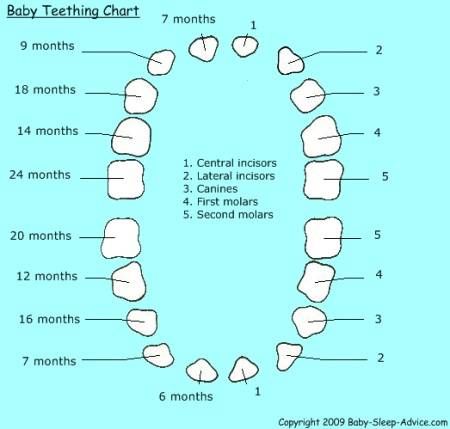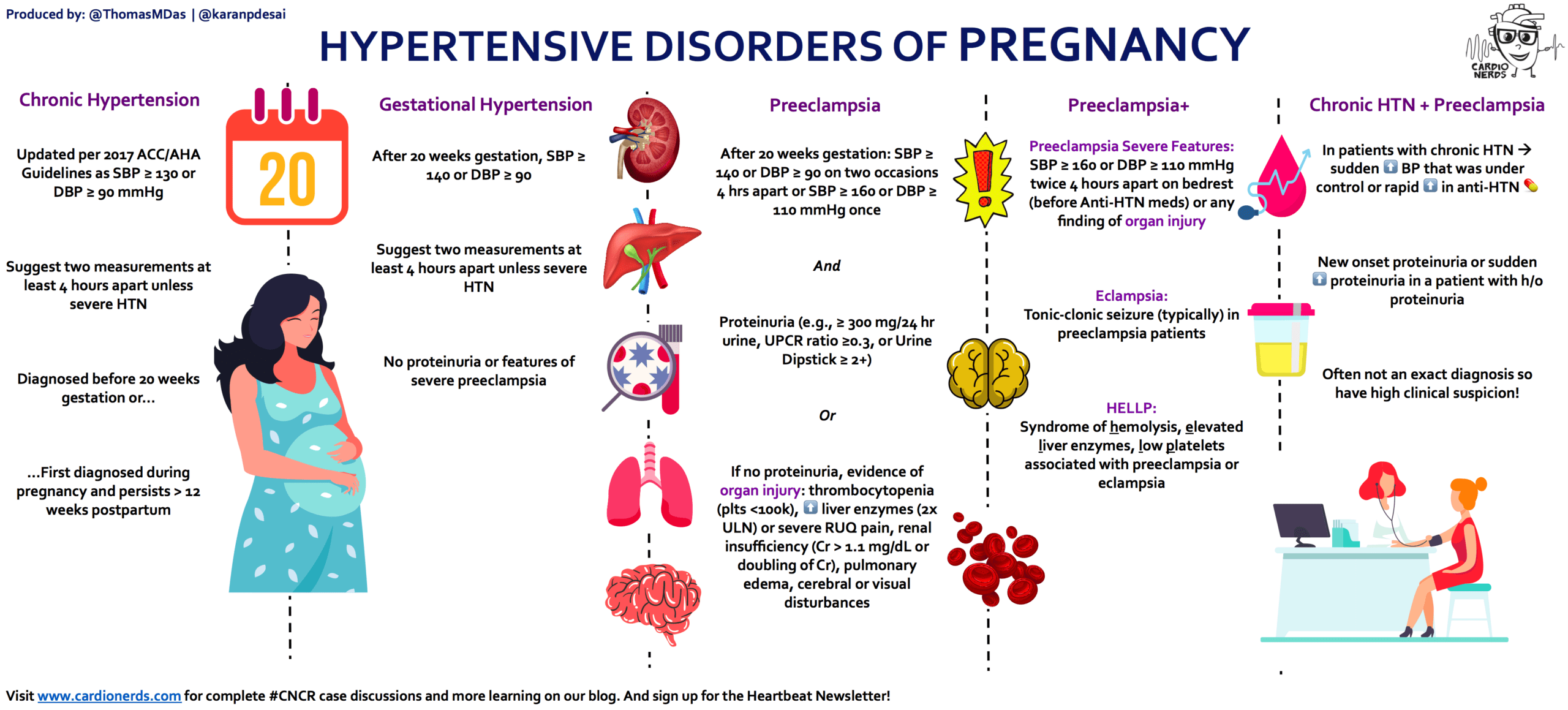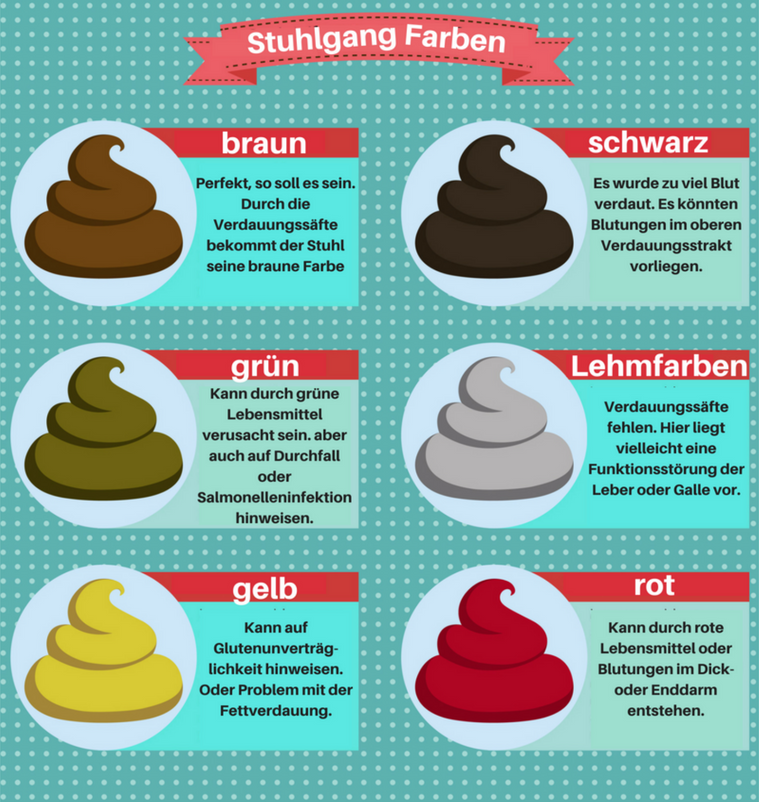Baby medicine for vomiting
Vomiting (0-12 Months)
Is this your child's symptom?
- Vomiting (throwing up) stomach contents
- Other names for vomiting are puking, barfing and heaving
Causes of Vomiting
- Viral Gastritis. Stomach infection from a stomach virus is the most common cause. Also called stomach flu. A common cause is the Rotavirus. The illness starts with vomiting. Watery loose stools may follow within 12-24 hours.
- Food Allergy. Vomiting can be the only symptom of a food reaction. The vomiting comes on quickly after eating the food. Uncommon in infants, but main foods are eggs and peanut butter.
- Coughing. Hard coughing can also cause your child to throw up. This is more common in children with reflux.
- Serious Causes. Vomiting alone should stop within about 24 hours. If it lasts over 24 hours, you must think about more serious causes. An example is a kidney infection.
A serious cause in young babies is pyloric stenosis. See below for more on this.
Pyloric Stenosis (Serious Cause)
- The most common cause of true vomiting in young babies.
- Onset of vomiting is age 2 weeks to 2 months
- Vomiting is forceful. It becomes projectile and shoots out.
- Right after vomiting, the baby is hungry and wants to feed. ("hungry vomiter")
- Cause: The pylorus is the channel between the stomach and the gut. In these babies, it becomes narrow and tight.
- Risk: Weight loss or dehydration
- Treatment: Cured by surgery.
Vomiting Scale
- Mild: 1 - 2 times/day
- Moderate: 3 - 7 times/day
- Severe: Vomits everything, nearly everything or 8 or more times/day
- Severity relates even more to how long the vomiting goes on for. At the start of the illness, it's common for a child to vomit everything.
 This can last for 3 or 4 hours. Children then often become stable and change to mild vomiting.
This can last for 3 or 4 hours. Children then often become stable and change to mild vomiting. - The main risk of vomiting is dehydration. Dehydration means the body has lost too much fluid.
- The younger the child, the greater the risk for dehydration.
Dehydration: How to Tell
- The main risk of vomiting is dehydration. Dehydration means the body has lost too much water.
- Vomiting with watery diarrhea is the most common cause of dehydration.
- Dehydration is a reason to see a doctor right away.
- Your child may have dehydration if not drinking much fluid and:
- The urine is dark yellow and has not passed any in over 8 hours.
- Inside of the mouth and tongue are very dry.
- No tears if your child cries.
- Slow blood refill test: Longer than 2 seconds. First, press on the thumbnail and make it pale. Then let go. Count the seconds it takes for the nail to turn pink again. Ask your doctor to teach you how to do this test.
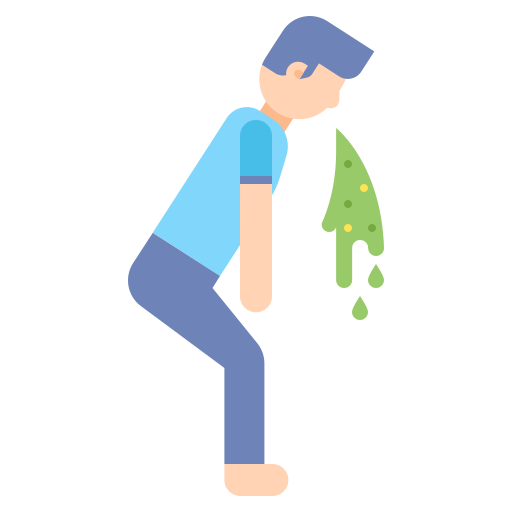
When to Call for Vomiting (0-12 Months)
Call 911 Now
- Can't wake up
- Not moving
- You think your child has a life-threatening emergency
Call Doctor or Seek Care Now
- Dehydration suspected. No urine in over 8 hours, dark urine, very dry mouth and no tears.
- Stomach pain when not vomiting. Exception: stomach pain or crying just before vomiting is quite common.
- Age less than 12 weeks old with vomiting 2 or more times. Exception: normal spitting up.
- Vomited 3 or more times and also has diarrhea
- Severe vomiting (vomits everything) more than 8 hours while getting Pedialyte (or breastmilk)
- Head injury within the last 24 hours
- Weak immune system. Examples are sickle cell disease, HIV, cancer, organ transplant, taking oral steroids.
- Vomiting a prescription medicine
- Fever over 104° F (40° C)
- Fever in baby less than 12 weeks old. Caution: Do NOT give your baby any fever medicine before being seen.
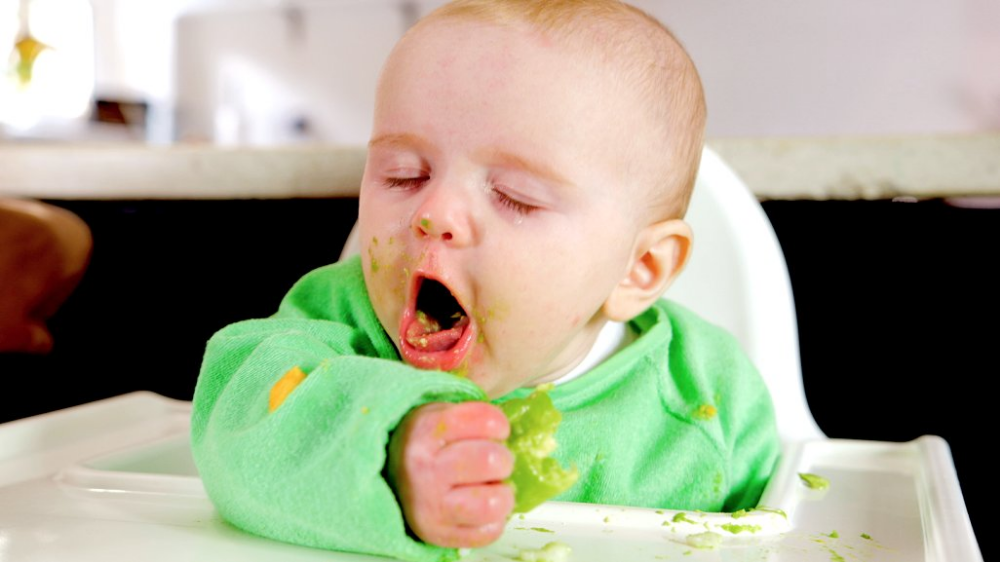
- Your child looks or acts very sick
- You think your child needs to be seen, and the problem is urgent
Contact Doctor Within 24 Hours
- All other infants (age less than 1 year) with vomiting. See Care Advice while waiting to discuss with doctor.
Seattle Children's Urgent Care Locations
If your child’s illness or injury is life-threatening, call 911.
- Bellevue
- Everett
- Federal Way
- Seattle
Care Advice for Vomiting
- What You Should Know About Vomiting:
- Most vomiting is caused by a viral infection of the stomach.
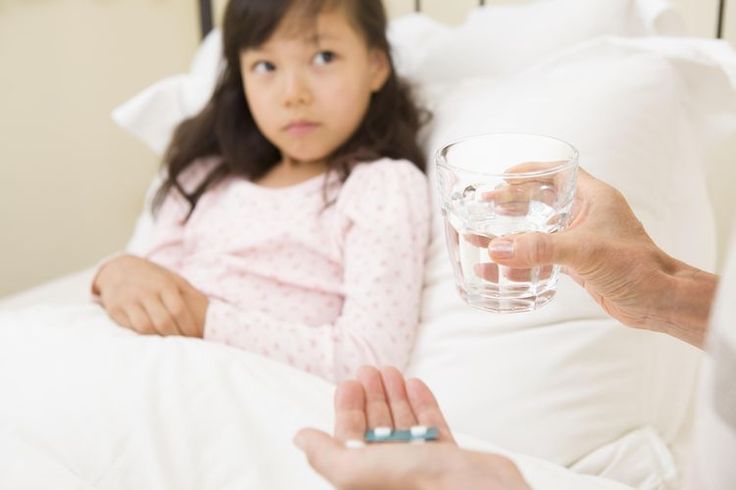
- Vomiting is the body's way of protecting the lower gut.
- The good news is that stomach illnesses last only a short time.
- The main risk of vomiting is dehydration. Dehydration means the body has lost too much fluid.
- Here is some care advice that should help.
- Most vomiting is caused by a viral infection of the stomach.
- Formula Fed Babies - May Give Oral Rehydration Solution (ORS) for 8 Hours:
- If vomits once, give half the regular amount of formula every 1 to 2 hours.
- If vomits formula more than once, offer ORS for 8 hours. If you don't have ORS, use formula until you can get some.
- ORS is a special fluid that can help your child stay hydrated. You can use Pedialyte or the store brand of ORS. It can be bought in food stores or drug stores.
- Spoon or syringe feed small amounts. Give 1-2 teaspoons (5-10 mL) every 5 minutes.
- After 4 hours without throwing up, double the amount.
- Return to Formula. After 8 hours without throwing up, go back to regular formula.
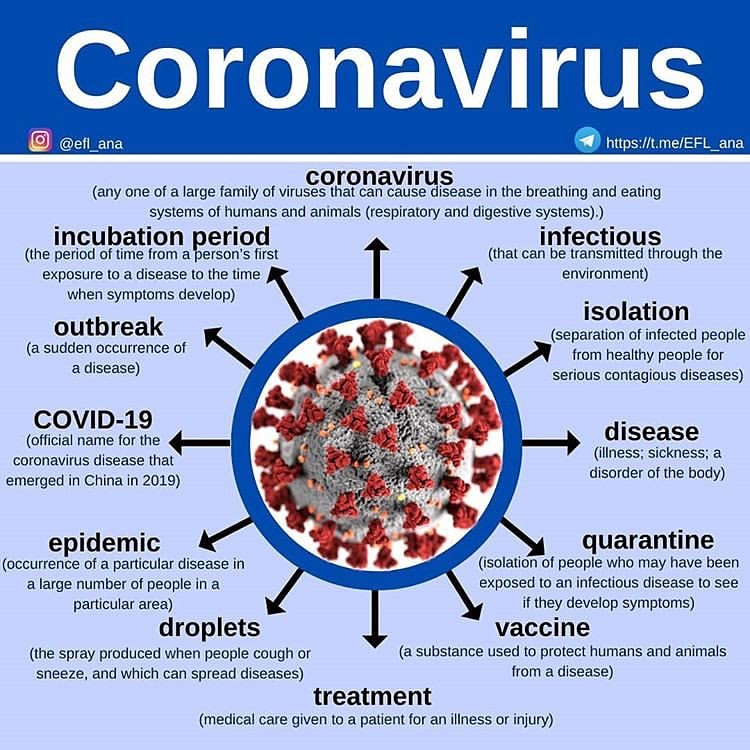
- Breastfed Babies - Reduce the Amount Per Feeding:
- If vomits once, nurse half the regular time every 1 to 2 hours.
- If vomits more than once, nurse for 5 minutes every 30 to 60 minutes. After 4 hours without throwing up, return to regular nursing.
- If continues to vomit, switch to pumped breastmilk. (ORS is rarely needed in breastfed babies. It can be used if vomiting becomes worse).
- Spoon or syringe feed small amounts of pumped milk. Give 1-2 teaspoons (5-10 mL) every 5 minutes.
- After 4 hours without throwing up, return to regular feeding at the breast. Start with small feedings of 5 minutes every 30 minutes. As your baby keeps down the smaller amounts, slowly give more.
- Pumped Breastmilk Bottle-Fed Infants - Reduce the Amount per Feeding:
- If vomits once and bottle-feeding breastmilk, give half the regular amount every 1-2 hours.
- If vomits more than once within last 2 hours, give 1 ounce (30 mL) every 30 to 60 minutes.
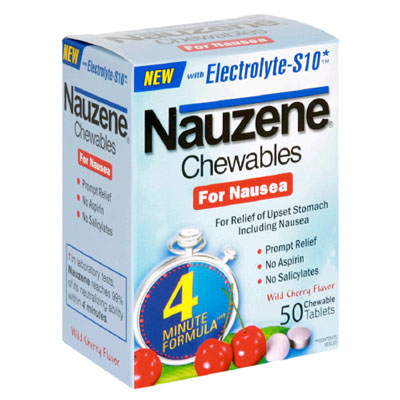
- If continues to vomit, give 1-2 teaspoons (5-10 mL) every 5 minutes. Only if not tolerating breastmilk, switch to ORS (e.g., Pedialyte) for every 5 minutes for a few hours.
- After 4 hours without vomiting, return to regular feedings. Start with 1 ounce (30 mL) every 30 minutes and slowly increase as tolerated.
- Stop All Solid Foods:
- Avoid all solid foods and baby foods in kids who are vomiting.
- After 8 hours without throwing up, gradually add them back.
- If on solid foods, start with starchy foods that are easy to digest. Examples are cereals, crackers and bread.
- Do Not Give Medicines:
- Stop using any drug that is over-the-counter for 8 hours. Reason: Some of these can make vomiting worse.
- Fever. Mild fevers don't need to be treated with any drugs. For higher fevers, you can use an acetaminophen suppository (such as FeverAll). This is a form of the drug you put in the rectum (bottom).
 Ask a pharmacist for help finding this product. Do not use ibuprofen. It can upset the stomach.
Ask a pharmacist for help finding this product. Do not use ibuprofen. It can upset the stomach. - Call your doctor if: Your child vomits a drug ordered by your doctor.
- Try to Sleep:
- Help your child go to sleep for a few hours.
- Reason: Sleep often empties the stomach and removes the need to vomit.
- Your child doesn't have to drink anything if his stomach feels upset and he doesn't have any diarrhea.
- Return to Child Care:
- Your child can return to child care after the vomiting and fever are gone.
- What to Expect:
- For the first 3 or 4 hours, your child may vomit everything. Then the stomach settles down.
- Vomiting from a viral illness often stops in 12 to 24 hours.
- Mild vomiting and nausea may last up to 3 days.
- Call Your Doctor If:
- Vomits clear fluids for more than 8 hours
- Vomiting lasts more than 24 hours
- Blood or bile (green color) in the vomit
- Stomach ache present when not vomiting
- Dehydration suspected (no urine in over 8 hours, dark urine, very dry mouth, and no tears)
- You think your child needs to be seen
- Your child becomes worse
And remember, contact your doctor if your child develops any of the 'Call Your Doctor' symptoms.
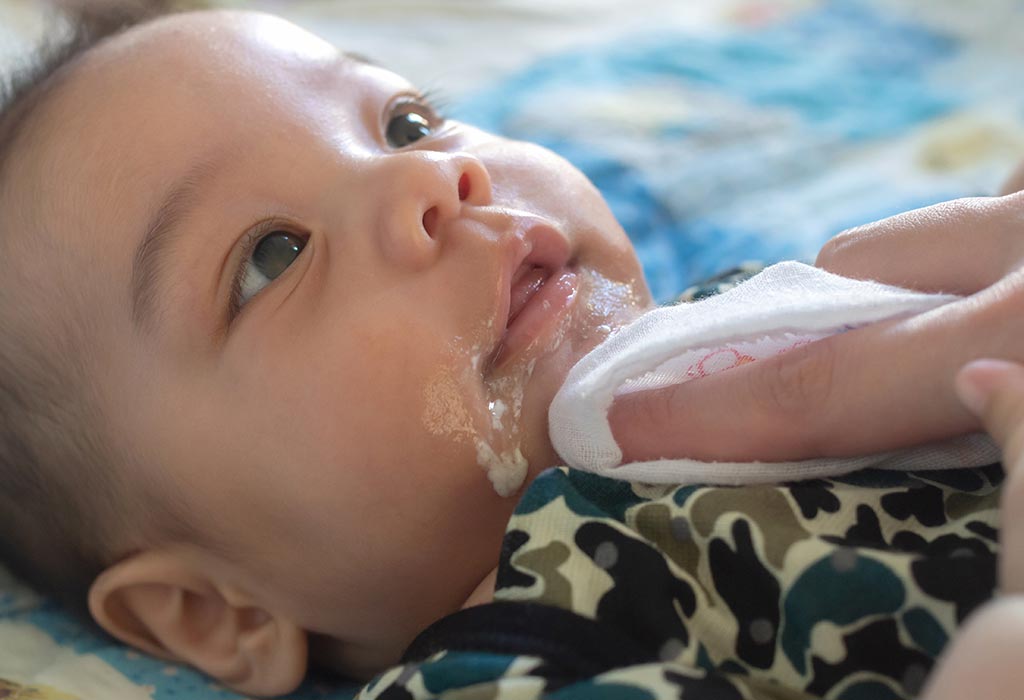
Disclaimer: this health information is for educational purposes only. You, the reader, assume full responsibility for how you choose to use it.
Last Reviewed: 12/17/2022
Last Revised: 09/21/2022
Copyright 2000-2022 Schmitt Pediatric Guidelines LLC.
Treating Vomiting - HealthyChildren.org
Log in | Register
Health Issues
Health Issues
Listen
Español
Text Size
What's the best way to treat vomiting?
In most cases, vomiting will stop without specific medical treatment. The majority of cases are caused by a virus and will get better on their own. You should never use over-the-counter or prescription remedies unless they've been specifically prescribed by your pediatrician for your child and for this particular illness.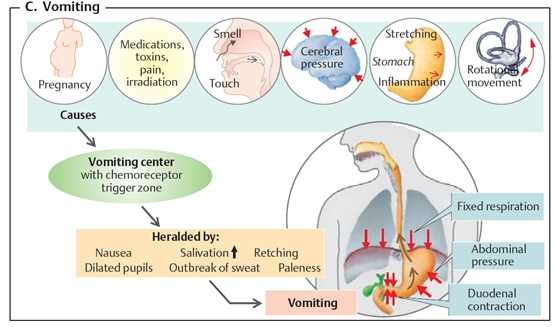
When your infant or young child is vomiting, keep her lying on her stomach or side as much as possible. Doing this will minimize the chances of her inhaling vomit into her upper airway and lungs.
Watch for Dehydration
When there is continued vomiting, you need to make certain that dehydration doesn't occur. Dehydration is a term used when the body loses so much water that it can no longer function efficiently. If allowed to reach a severe degree, it can be serious and life-threatening. To prevent this from happening, make sure your child consumes enough extra fluids to restore what has been lost through throwing up. If she vomits these fluids, notify your pediatrician.
Modify Your Child's Diet
For the first twenty-four hours or so of any illness that causes vomiting, keep your child off solid foods, and encourage her to suck or drink small amounts of electrolyte solution (ask your pediatrician which one), clear fluids such as water, sugar water (1/2 teaspoon [2. 5 ml] sugar in 4 ounces [120 ml] of water), Popsicles, gelatin water (1 teaspoon [5 ml] of flavored gelatin in 4 ounces of water) instead of eating. Liquids not only help to prevent dehydration, but also are less likely than solid foods to stimulate further vomiting.
5 ml] sugar in 4 ounces [120 ml] of water), Popsicles, gelatin water (1 teaspoon [5 ml] of flavored gelatin in 4 ounces of water) instead of eating. Liquids not only help to prevent dehydration, but also are less likely than solid foods to stimulate further vomiting.
Be sure to follow your pediatrician's guidelines for giving your child fluids. Your doctor will adhere to requirements like those descibed below.
Estimated Oral Fluid and Electrolyte Requirements by Body Weight
6–7 |
10 |
16 |
11 |
15 |
23 |
22 |
25 |
40 |
26 |
28 |
44 |
33 |
32 |
51 |
40 |
38 |
61 |
1 pound = 0.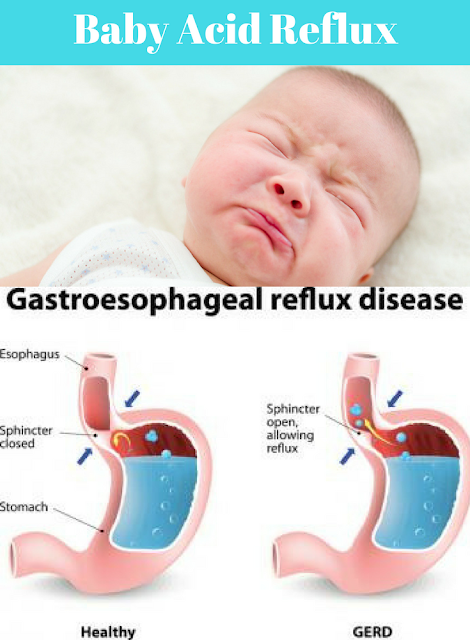 45 kilograms
45 kilograms
1 ounce = 30 ml
*NOTE: This is the smallest amount of fluid that a normal child requires. Most children drink more than this.
In most cases, your child will just need to stay at home and receive a liquid diet for twelve to twenty-four hours. Your pediatrician usually won’t prescribe a drug to treat the vomiting, but some doctors will prescribe antinausea medications to children.
If your child also has diarrhea, ask your pediatrician for instructions on giving liquids and restoring solids to her diet.
When to Call the Pediatrician
If she can’t retain any clear liquids or if the symptoms become more severe, notify your pediatrician. She will examine your child and may order blood and urine tests or X-rays to make a diagnosis. Occasionally hospital care may be necessary.
Until your child feels better, remember to keep her hydrated, and call your pediatrician right away if she shows signs of dehydration. If your child looks sick, the symptoms aren’t improving with time, or your pediatrician suspects a bacterial infection, he may perform a culture of the stool, and treat appropriately.
If your child looks sick, the symptoms aren’t improving with time, or your pediatrician suspects a bacterial infection, he may perform a culture of the stool, and treat appropriately.
- Last Updated
- 8/1/2017
- Source
- Caring for Your Baby and Young Child: Birth to Age 5 (Copyright © 2009 American Academy of Pediatrics)
The information contained on this Web site should not be used as a substitute for the medical care and advice of your pediatrician. There may be variations in treatment that your pediatrician may recommend based on individual facts and circumstances.
How to stop vomiting in a child: doctors about the dangers of home treatment
Causes of vomiting in children
As Elena Grek, a pediatric gastroenterologist at the SM-Clinic in St.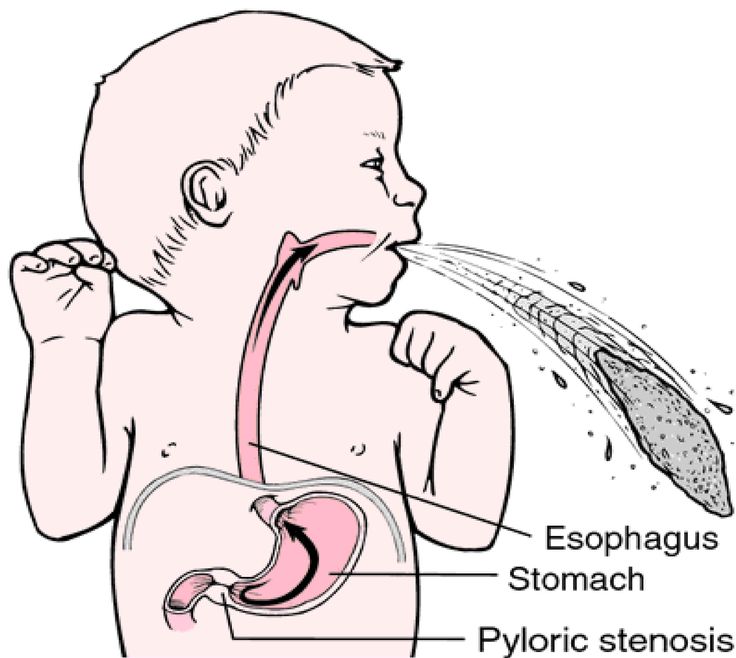 Petersburg, told Gazeta.Ru, children vomit for several reasons:
Petersburg, told Gazeta.Ru, children vomit for several reasons:
“Most often this is a manifestation of intestinal infections: enterovirus, adenovirus or bacterial infections. Second place is occupied by food poisoning. And in older children, vomiting can be a symptom of an exacerbation of a disease of the gastrointestinal tract, for example, gastritis. If the child vomits bile, but at the same time he feels fine, it may be a reflux of bile into the stomach. nine0005
Usually such episodes recur with a certain frequency: once a week or a month. Another cause of vomiting in children is sunstroke. When overheated, a child usually vomits only once, and there are no other signs of gastrointestinal upset. In this case, it will be enough to let the baby rest in a dark, cool room.
The doctor also noted that vomiting can begin if blood pressure rises sharply, but this is extremely rare in young children. nine0005
Most parents are unable to understand what causes vomiting in children.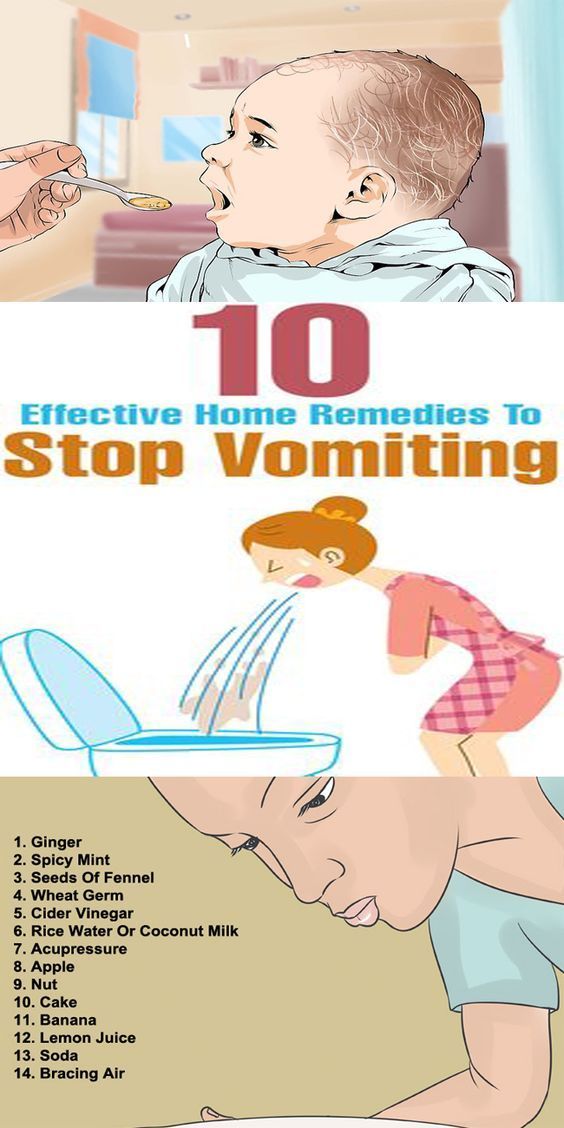 Moreover, sometimes it can be accompanied by loose stools and abdominal pain. It is necessary to seek medical help from a pediatrician or pediatric gastroenterologist, and in some cases, you will need to call an ambulance.
Moreover, sometimes it can be accompanied by loose stools and abdominal pain. It is necessary to seek medical help from a pediatrician or pediatric gastroenterologist, and in some cases, you will need to call an ambulance.
Do not forget that babies have regurgitation, and they have nothing to do with vomiting. About half of newborns under the age of three months spit up at least once a day. nine0005
How to quickly stop vomiting at home
Seeing that the child is vomiting, parents ask themselves the question “How to quickly stop vomiting at home?” Many adults hope that there is a universal drug that will immediately solve the problem.
However, Ksenia Batrak, a pediatrician at the SM-Clinic in St. Petersburg, warns that it is practically impossible to stop vomiting quickly, and most often it is not necessary and even dangerous:
“It is no coincidence that doctors do not advise giving children antiemetics. Vomiting is a protective symptom that helps the body rid itself of infection.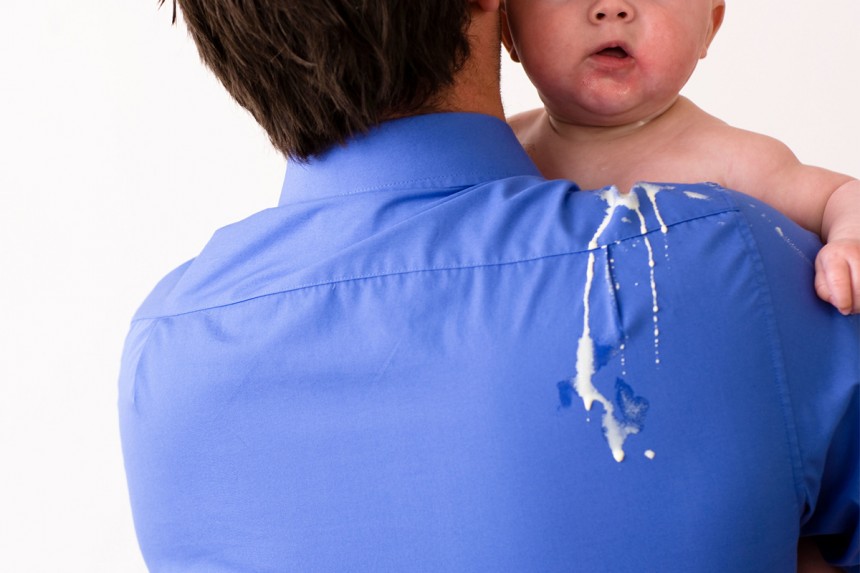 By stopping it with the help of pills, we harm children ourselves. We also interfere with the correct diagnosis, blurring the clinical picture of the disease. So it’s not worth trying to stop vomiting at home.” nine0005
By stopping it with the help of pills, we harm children ourselves. We also interfere with the correct diagnosis, blurring the clinical picture of the disease. So it’s not worth trying to stop vomiting at home.” nine0005
Andrey Kurenkov, pediatrician, expert of the Mama TV channel, also warns against home “treatment” of parents:
“In no case should you stop vomiting on your own, without seeing a doctor. The fact is that vomiting occurs in many diseases, some of which are mild and self-limiting, and some are deadly (intestinal obstruction, diabetic ketoacidosis, acute adrenal insufficiency, non-food poisoning, increased intracranial pressure). If vomiting is caused by these reasons, and you will try to stop it, you risk losing time. nine0005
close
100%
What can be given to a child for vomiting lemon. But the main task is to provide the child's body with a sufficient amount of fluid to prevent dehydration.
“If you vomit once, you can give dried fruit compote.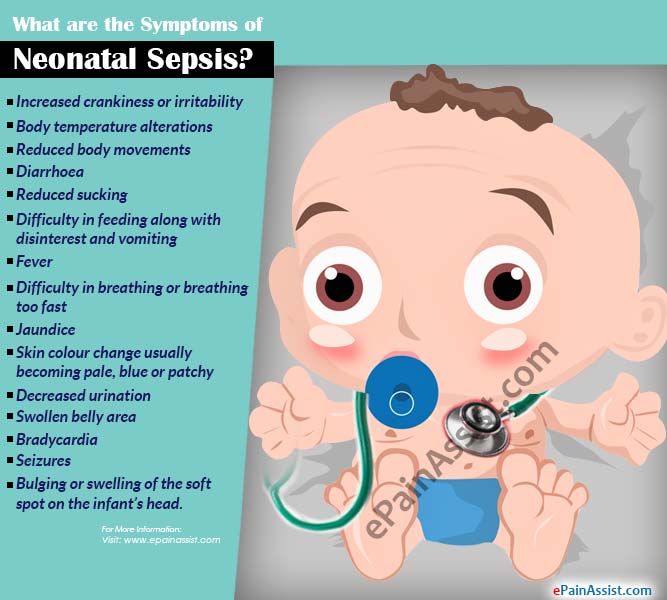 But if the child continues to vomit, you need to switch to fractional drinking: take at least a few sips every 10-15 minutes. It is better to drink plain water, but boiled, ”recommends Dr. Batrak. nine0005
But if the child continues to vomit, you need to switch to fractional drinking: take at least a few sips every 10-15 minutes. It is better to drink plain water, but boiled, ”recommends Dr. Batrak. nine0005
Does the child have dry mouth, foamy saliva or no saliva, reduced urge to urinate, small urine volume, decreased activity? These are signs of dehydration. Loose stools further accelerate fluid loss.
Vomiting and diarrhea are dangerous for a small child due to a decrease in electrolytes in the body. Together with the liquid, the child also loses biologically significant elements that support important processes in cells. Pediatrician Ksenia Batrak told how they can be replenished: “To compensate for the loss of glucose or acids, you can add a little sugar or lemon juice to ordinary water. You can also buy ready-made solutions with a verified composition of electrolytes, salt and sugar. For example, Regidron Bio. Usually, children do not really like their taste, but such solutions help to replenish the balance of nutrients.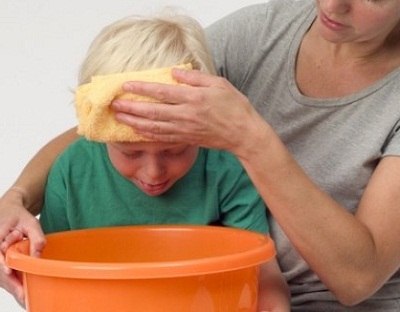 If the cause of vomiting in children is food poisoning, sorbent preparations can be taken. nine0005
If the cause of vomiting in children is food poisoning, sorbent preparations can be taken. nine0005
Pediatrician Andrey Kurenkov explains why a drug for adults cannot be used to restore the water-salt balance (rehydration):
salt concentration, and they themselves can provoke vomiting. For children, funds with low osmolarity are needed. For adults - Regidron, for children - Regidron-Bio.
How to stop vomiting when there is nothing to vomit
There are cases when the gag reflex persists even when there is nothing left to vomit. In such a situation, parents try to find a way to stop the child from vomiting.
However, pediatric gastroenterologist Elena Grek warns that the only option is to seek medical help: “All parents can do is move the child to a cool and quiet room, dim the lights, put something cold on the head, pat on the head or tummy. In other words, try to calm down while waiting for the doctor.” nine0005
close
100%
Doctor or ambulance
How do I know if my child needs an ambulance or is it enough to wait for a doctor?
Andrey Kurenkov advises to focus on his own life experience:
“You have to decide on your own only one question: the child needs emergency or planned medical care.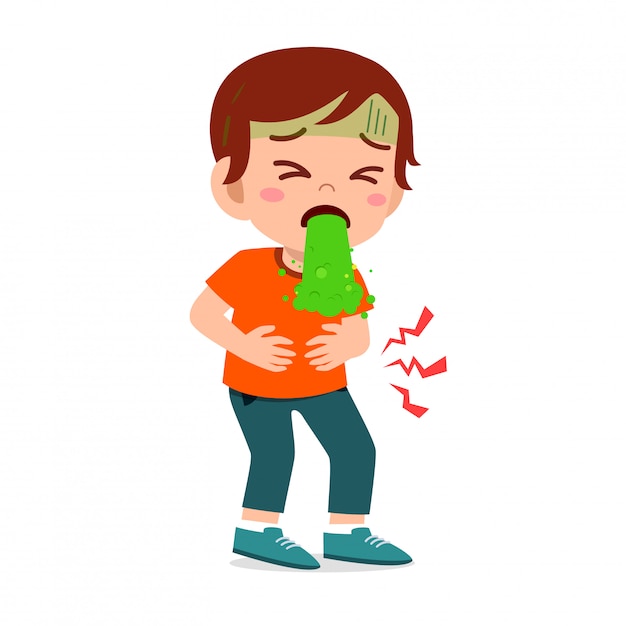 If, in the process of waiting for the doctor, despite your efforts to drink water, the child's condition worsens and his urination becomes less frequent, you need to call an ambulance. nine0005
If, in the process of waiting for the doctor, despite your efforts to drink water, the child's condition worsens and his urination becomes less frequent, you need to call an ambulance. nine0005
The doctor emphasizes that no medication should be given until the doctor arrives, all the efforts of parents should be devoted to feeding the child with low-osmolar oral rehydration agents, which were discussed above. This will help prevent dehydration.
What to do after a child has vomited
Doctors specify that the universal remedy for vomiting in children is drinking.
Elena Grek tells what you can drink and even feed a child after vomiting: “If the body perceives liquid well, then warm weak tea can be added to the water. The drink should not be made too hot. Tea can be sweetened and a little lemon can be added to restore the acid balance. Any food after vomiting should also be liquid and homogeneous in composition. Porridge or chicken broth will do. Fatty and fried foods should be avoided. nine0005
nine0005
But if the vomiting does not stop, the head and stomach begin to hurt, loose stools appear, the temperature rises, and the child himself is lethargic and unable to even drink, the doctor warns: you should immediately seek medical help.
Can I give my child fizzy drinks when I'm dehydrated from vomiting and diarrhea?
“In no case should a child drink soda in case of vomiting and diarrhea (loose stools). The maximum can be given alkaline mineral water. But only in one case - when vomiting is caused by an exacerbation of gastritis or pancreatitis (an inflammatory process in the pancreas). Alkaline will help to extinguish the acidity in the stomach. At the same time, even such a mineral water should be without gas,” Elena Grek answers. nine0005
Later, in all depressions, as if vomit is repeated, the next step is to get to the doctor. Only wines can choose the necessary tactics of reconciliation and, if necessary, prescribe preparations, as it is permissible to win in case of a repeated similar situation. Under the hour of cleaning the doctor, it is necessary to try to calm the child and control the temperature of the body. It is allowed to test the anti-abuse drug for children from the group of sorbent preparations. However, the acceptance of such faces is not guilty of enduring an hour of medical examination. These recommendations will help you stay ahead of important complications in the form of incorrect judging. nine0005
Under the hour of cleaning the doctor, it is necessary to try to calm the child and control the temperature of the body. It is allowed to test the anti-abuse drug for children from the group of sorbent preparations. However, the acceptance of such faces is not guilty of enduring an hour of medical examination. These recommendations will help you stay ahead of important complications in the form of incorrect judging. nine0005
Call respect
The site add.ua does not carry any negative feedback that may be blamed on the results of the shortcomings of the information posted on the site.
Filter
Filter
Virobnik
-
AWD. pharma (Nimechchina)
-
Dr. Reddy's (India)
-
Kusum Healthcare (India)
-
Gledpharm
-
Darnytsia PrAT (Ukraine, Kiev)
More nutrition
What brandy products are the most popular anti-abuse drugs for children?
What are the cheapest products in the category Anti-diabetic drugs for children?
Most popular products in the category Anti-diabetic drugs for children?
What is the price for antiemetic drugs for children?
Variety of all products in the category Anti-emetic drugs for children vary from 15.



